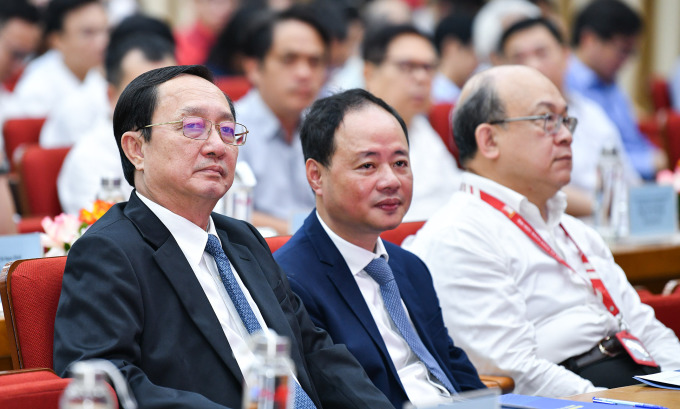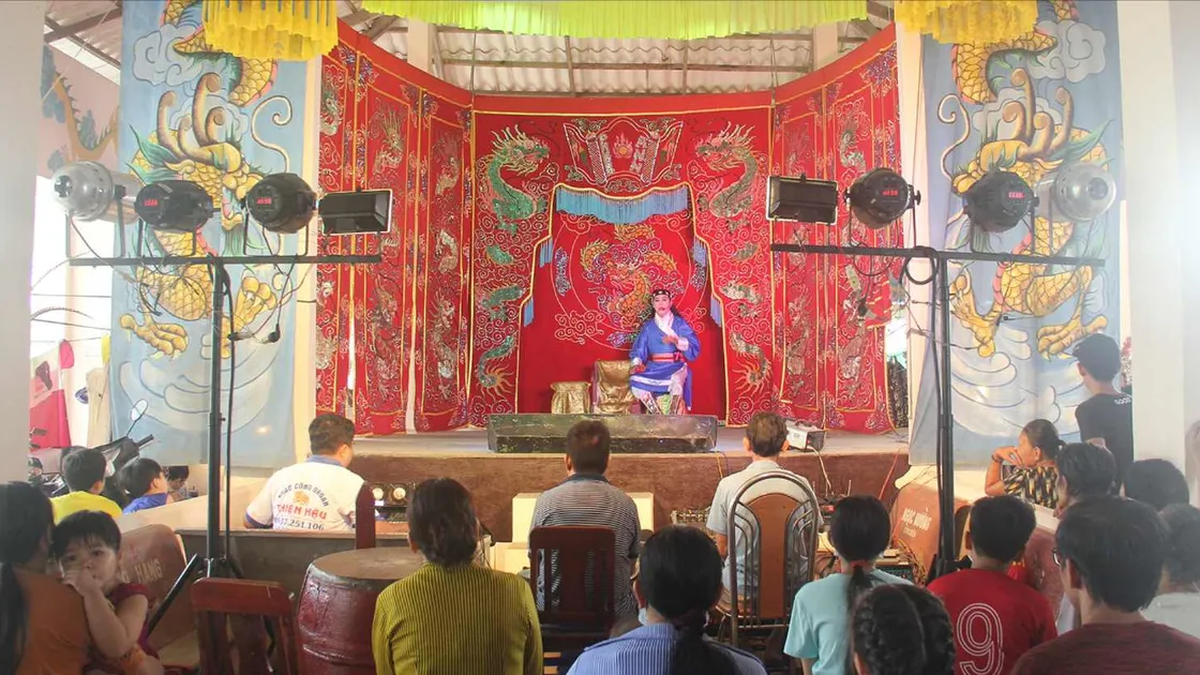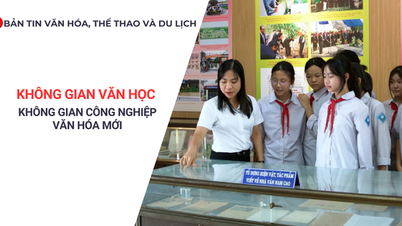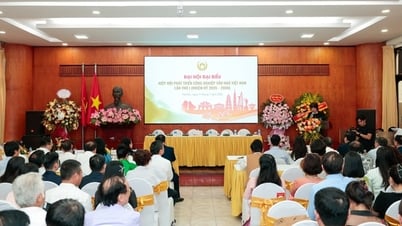Deputy Minister of Science and Technology Tran Hong Thai said that priority will be given to national and ministerial-level research topics on semiconductor chips to create conditions for masters and doctoral students to have support when participating in research.
The information was presented at the workshop "Orientation of scientific and technological research and human resource development to serve Vietnam's semiconductor industry" organized by the Ministry of Science and Technology in coordination with Hanoi University of Science and Technology on April 17.
At the workshop, opinions pointed out that the human resource demand of Vietnam's semiconductor industry is high. It is predicted that by 2030, Vietnam will need about 15,000 engineers for design and 35,000 workers in production and packaging testing. However, the actual demand is still limited, and solutions are needed to develop semiconductor human resources.
Many scientists and businesses believe that it is necessary to target training and fostering human resources for core technology research R&D (research and development), connecting to form an ecosystem and having a mission program for strong research centers to develop semiconductor products and technology.
According to Deputy Minister Thai, the connection and training not only need to be specialized but also need to foster human resources and national products. This responsibility and role belongs to the Ministry of Education and Training and the Ministry of Planning and Investment. On the side of the Ministry of Science and Technology, there will be annual orientations on scientific and technological research related to this field. "Semiconductor microchips are not yet on the list of national programs, but are present in many fields such as physics and priority technology materials," he said, adding that the Ministry of Science and Technology will orientate to prioritize national and ministerial-level research topics on semiconductor microchips. This is the direction for universities to create conditions for masters and doctoral students with support to participate in research.

Minister of Science and Technology Huynh Thanh Dat and Deputy Minister Tran Hong Thai (from left) at the workshop on April 17. Photo: Duy Thanh/HUST
Regarding human resource training for the semiconductor chip industry, he said that the Ministry of Science and Technology is not allowed to provide training funding or scholarships, but can support through research topics. In particular, the National Fund for Science and Technology Development (Nafosted) identifies five priority areas each year. "In the coming time, in addition to areas such as medicine and genes, semiconductor microchips will be prioritized," the Deputy Minister said, and he hopes to form research groups in key industries, "this has been lacking in recent years."
"The Ministry of Science and Technology will support in many forms, including prioritizing topics," he added, adding that in the following years, the Nafosted Fund program will prioritize supporting young research groups. That is, a PhD with a 5-year topic will support the salary of 3 staff. The salary is not high, but this is support for survival and development.
The Deputy Minister suggested that units should find ways to attract national and international experts to participate in research projects, gradually mastering the technology. According to him, although the market is small, there needs to be a clear direction for semiconductor development, for example, supporting universities to build laboratories, planning for the shared use of high-quality laboratories to overcome immediate difficulties.
Vietnam needs to clearly identify the current state of the semiconductor chip technology industry and its position in the production chain. Questions such as whether Vietnam has touched the production of semiconductor chips or not, whether the world is giving Vietnam the opportunity to be a leader in developing semiconductor chips in the world and in the region are issues being discussed. According to Mr. Thai, in the semiconductor chip technology process chain, Vietnam has almost no production, only participating in the design, packaging and testing stages. The added value is low, the source of production materials is not available while resources are limited.
Acknowledging the importance of FDI to Vietnam, the Deputy Minister said that if Vietnam only depends on them, it will never master technology and will forever be in the role of providing low-quality, low-income human resources. Accordingly, Vietnam needs to gradually learn and master technology.
Nhu Quynh
Source link





































































































Comment (0)